The Link Between Celebrity Deaths and Conspiracy Theories
The Emergence of Conspiracy Theories
Conspiracy theories have pervaded human history, originating from a deep-seated distrust of authority and an innate desire to make sense of randomness. They often burgeon whenever significant events trigger societal anxiety, with celebrity deaths being particularly fertile ground for speculation. Individuals grapple with the untimeliness of such losses, often leading to theories that propose hidden motives or undisclosed realities behind the tragic events.
High-Profile Examples
The untimely deaths of celebrities like Michael Jackson, Whitney Houston, and Kurt Cobain have ignited widespread conspiracy theories. For instance, Jackson’s death in June 2009 led to rampant speculation regarding his doctor’s culpability, suggesting a multi-layered conspiracy involving the entertainment industry and legal powers. Houston’s tragic drowning in 2012 prompted theories about drug involvement orchestrated by industry players. Meanwhile, Cobain’s death in 1994, officially ruled a suicide, faces persistent theories that imply murder motives fueled by his fame and the intentions of powerful music industry figures.
Psychological Factors
The psychological underpinnings of belief in conspiracy theories are profound. Cognitive biases, such as the proportionality bias, lead individuals to seek grand explanations for significant events, often skewing rational reasoning. Furthermore, the celebrity culture fosters parasocial relationships, where fans feel a personal connection. As a result, the unexpected death of a beloved figure feels intimate, exacerbating beliefs in conspiratorial narratives to find comfort or meaning in their loss.
Media Amplification
The media plays a crucial role in amplifying these conspiracy theories. Social platforms and sensationalized news coverage create a digital echo chamber where speculation thrives. Rumors spread faster than factual reporting, often leading to misinformation gaining traction. For instance, the public’s response to the death of pop icons frequently intertwines with trending hashtags and viral memes, transforming mourning into a platform for fringe theories, all while drawing attention to both the artists and the proclaimed ‘truth-seekers.’
Celebrity Influence and Industry Secrets
Celebrities often possess power that extends beyond the entertainment sphere, leading to an aura of mystique that invites speculation. The entertainment industry, rife with its own secrets—substance abuse, financial dealings, and personal conflicts—fuels the belief that high-profile deaths may not be as straightforward as they seem. Additionally, when these individuals champion social causes or possess controversial opinions, theories may surface attributing their deaths to opposing forces or nefarious agendas, enhancing the mystique surrounding their legacy.
Cultural and Historical Context
The cultural tapestry influences how societies interpret celebrity deaths. In the United States, the artistic landscape is often intertwined with political movements, leading to theories surrounding figures whose deaths coincide with significant cultural shifts. Icons like Bob Marley or John Lennon, whose lives were marked by themes of social justice, evoke theories about targeted actions taken against them, reinforcing the belief system surrounding power dynamics within society.
The Role of Documentaries and Books
In recent years, documentaries, podcasts, and books have become platforms for exploring and promoting conspiracy theories. The portrayal of celebrity deaths often involves a blend of investigative journalism and sensational storytelling, leading audiences down speculative paths. For instance, a documentary may present a systematic investigation into the clues surrounding a star’s death, intertwining factual representations with conjecture, which can captivate audiences and spur further discourse and belief in such theories.
Social Media Dynamics
Platforms like Twitter, Reddit, and YouTube have accelerated the spread of conspiracy theories regarding celebrity deaths. These platforms allow for near-instantaneous communication, enabling a global audience to contribute to, dissect, and propagate ideas. Users often gather in communities dedicated to discussing these theories, sharing interpretations, alleged evidence, and personal anecdotes that sometimes reflect their biases or past experiences. This community aspect can validate beliefs and foster resilience against opposing viewpoints.
The Impact on Public Grief
The intertwining of conspiracy theories with celebrity deaths can adversely affect the grieving process. The preoccupation with uncovering “the truth” can overshadow the celebration of a celebrity’s life and legacy. Fans invested deeply in the artist are often left grappling with a dual sense of loss—not only mourning the passing of the individual but also feeling compelled to navigate the uncertainty introduced by conspiracy theories, complicating their emotional reconciliation.
Skepticism and Critical Thinking
Confronting the surge of conspiracy theories requires promoting critical thinking and skepticism. Educating the public about the nature and characteristics of conspiracy theories can foster a healthier discourse. Understanding cognitive biases and how they influence perspective plays a critical role in discerning credible information from sensationalized narratives. Tools for fact-checking and responsible media consumption are essential in a world increasingly defined by misinformation.
Conclusion
The fascination with conspiracy theories surrounding celebrity deaths encapsulates a complex interplay of psychology, cultural dynamics, media influence, and the power of community discourse. As society continues to grapple with loss and the potent narratives that arise in its wake, understanding this phenomenon gives insight into the collective psyche and the human desire for control amid chaos. The ongoing exploration of these themes will shape conversations about celebrity culture, grief, and the collective journey of processing loss in a fractured socio-political landscape.
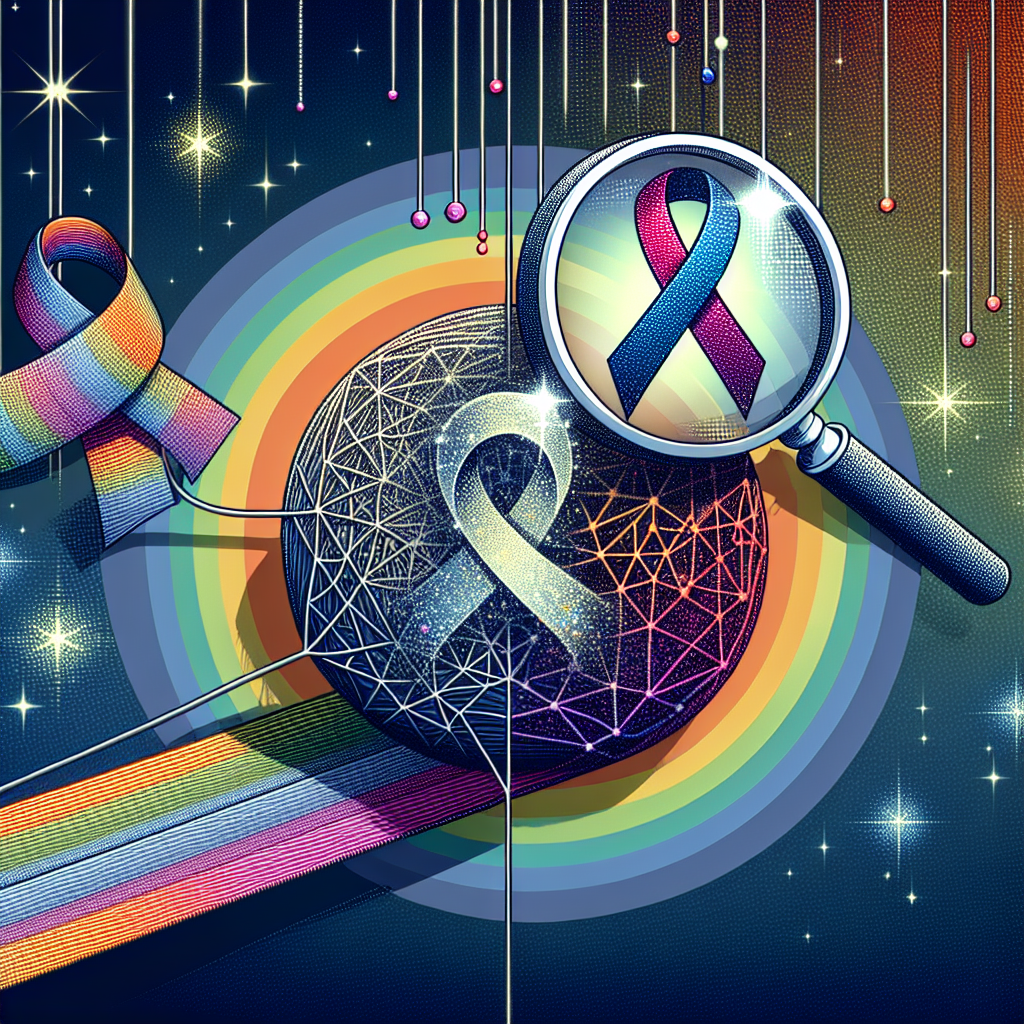
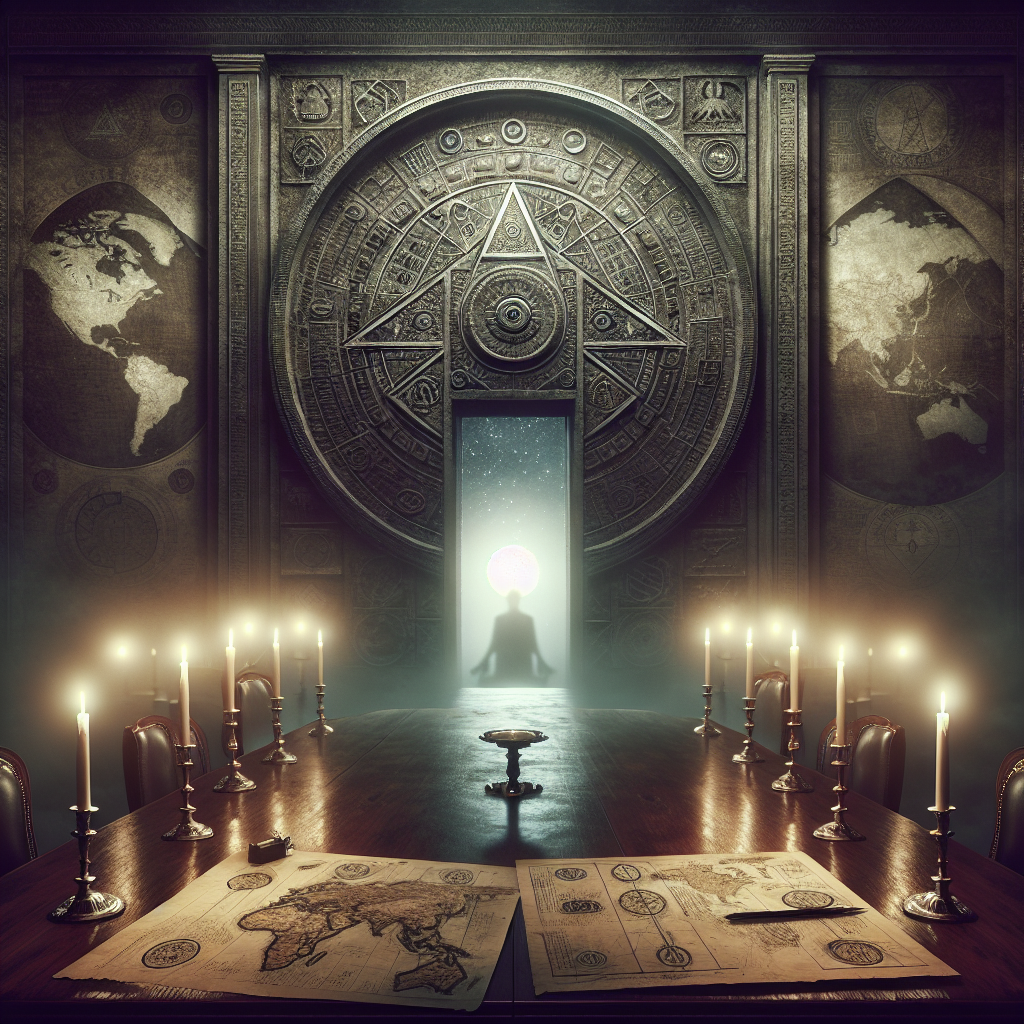
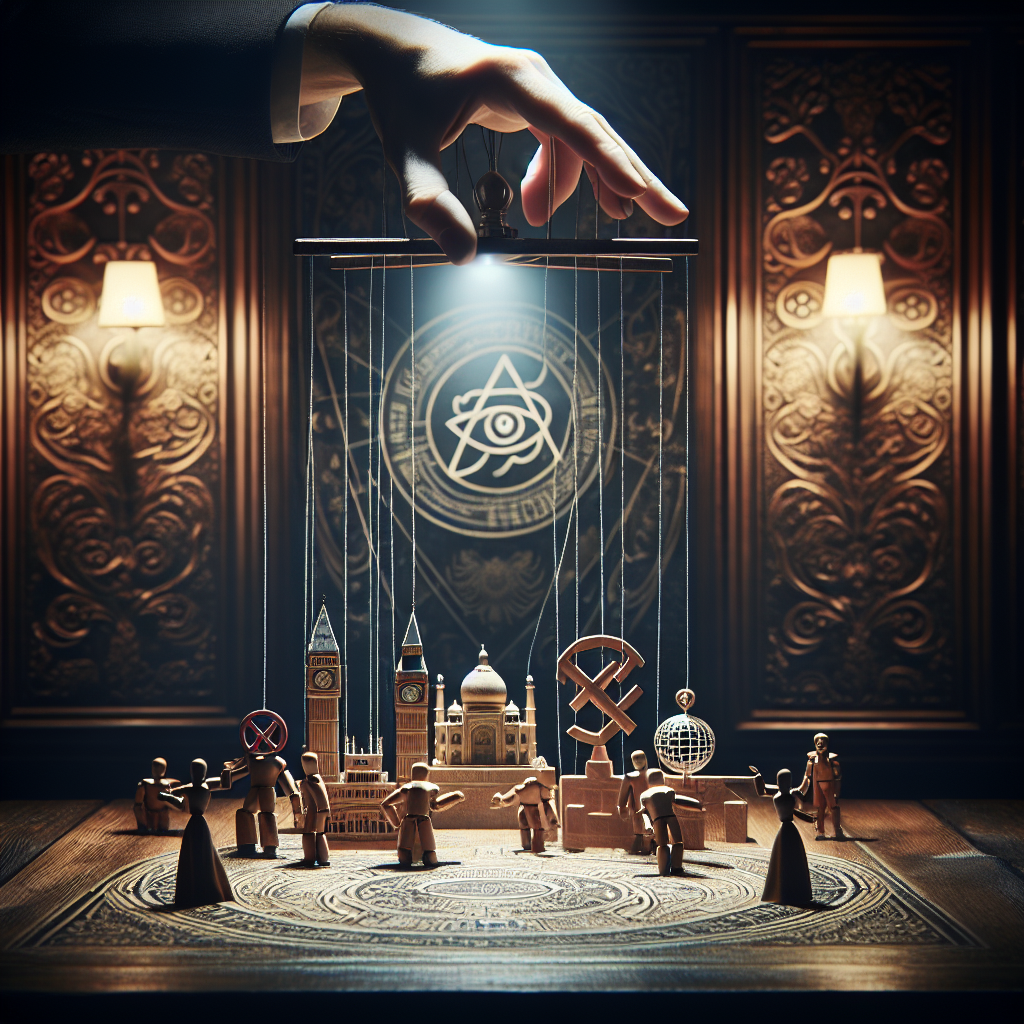
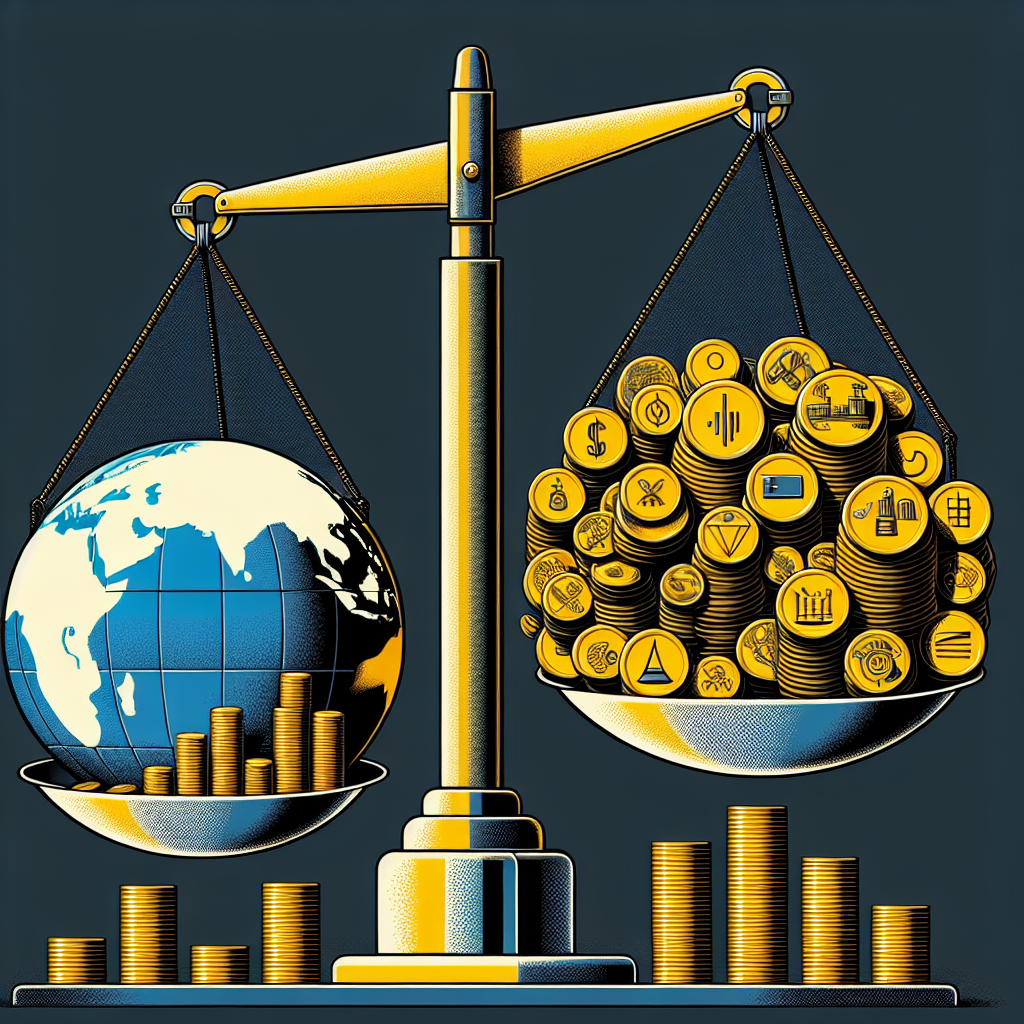
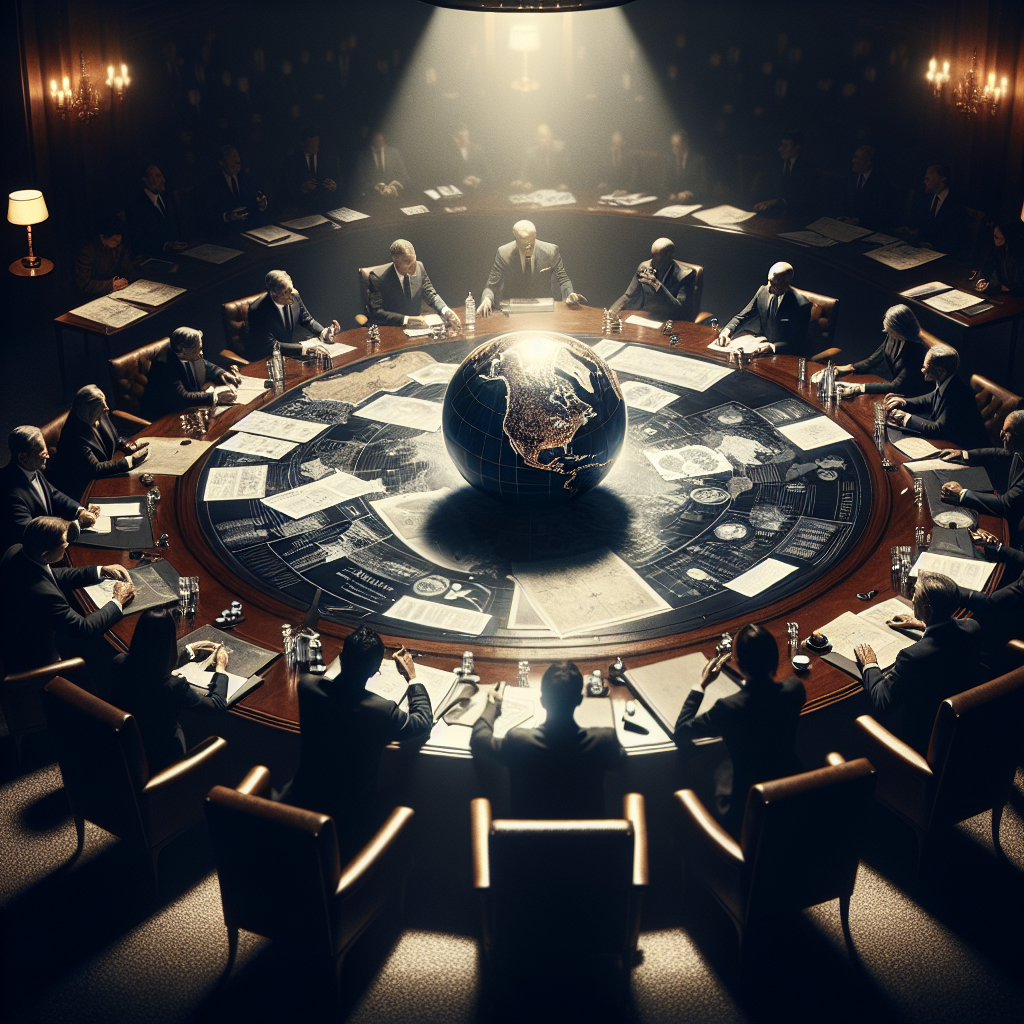
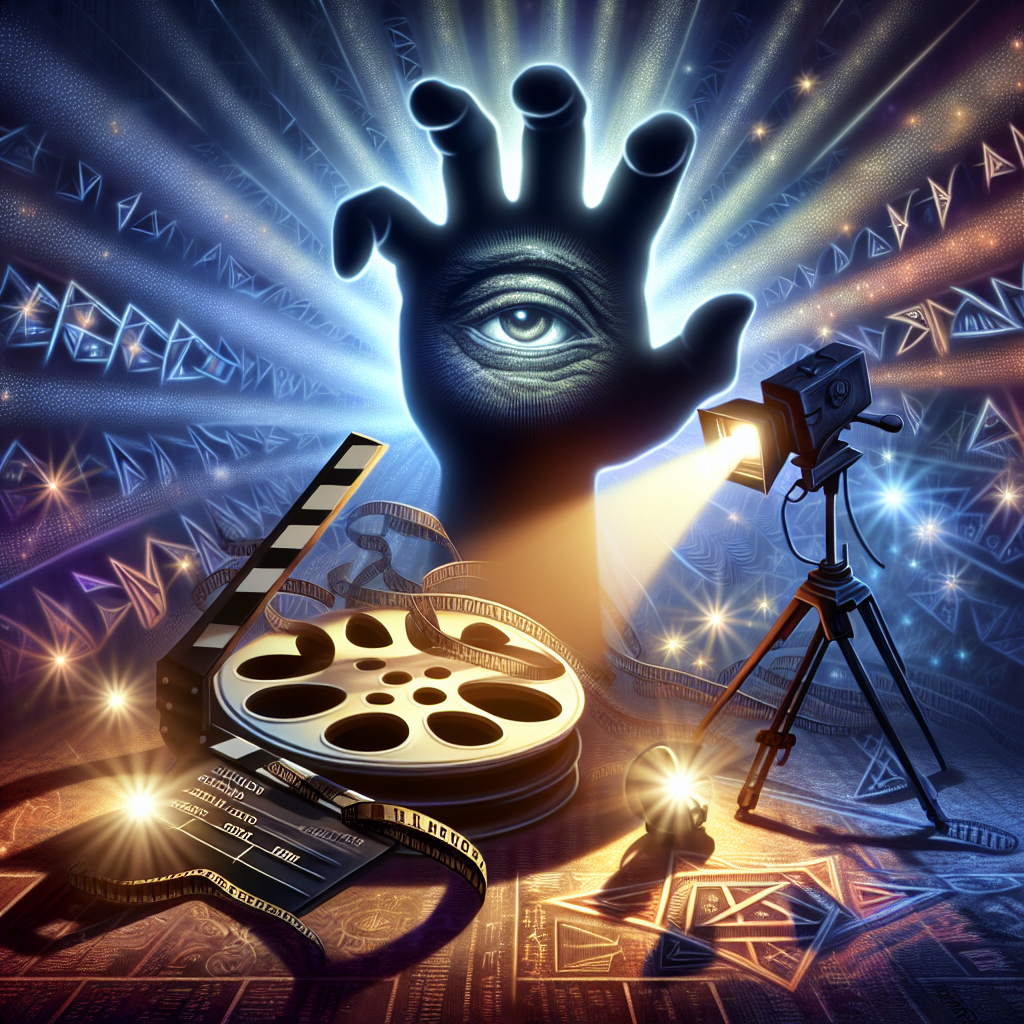
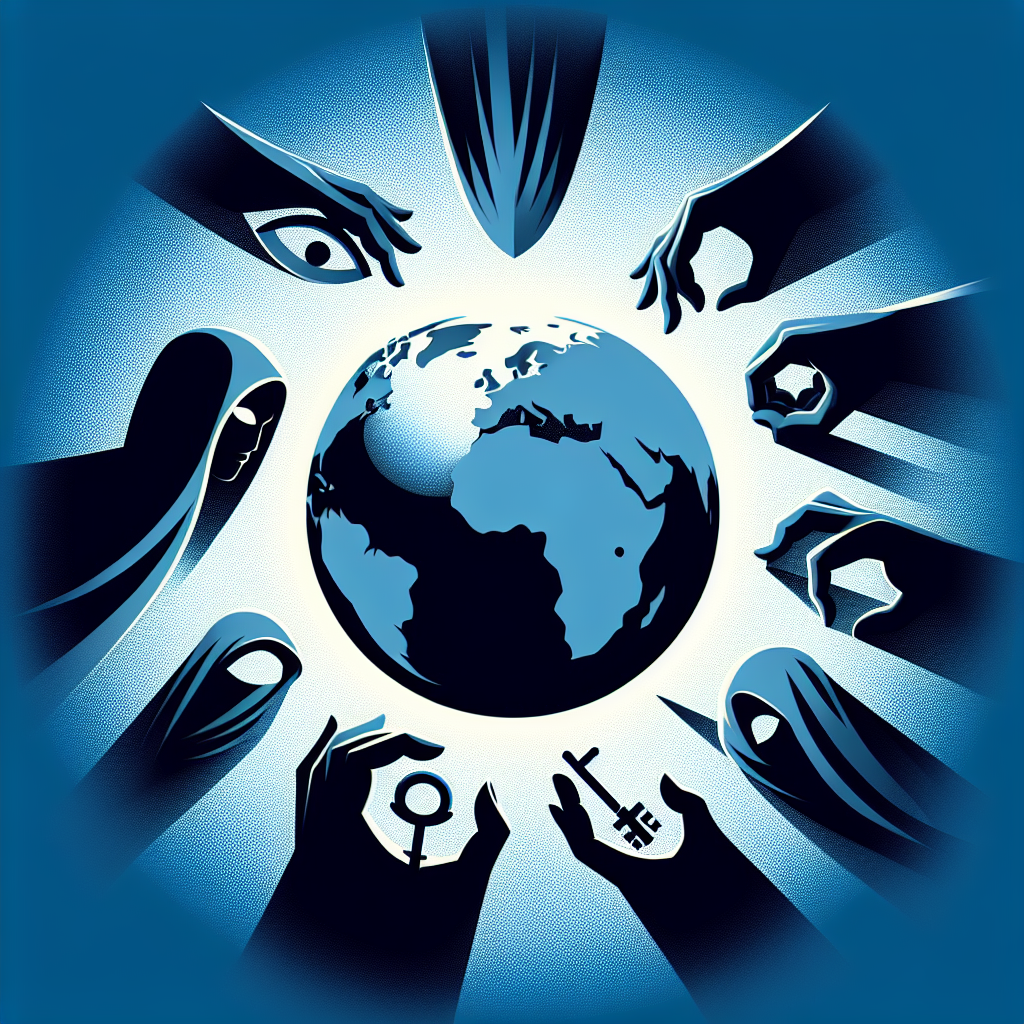




Leave a Reply